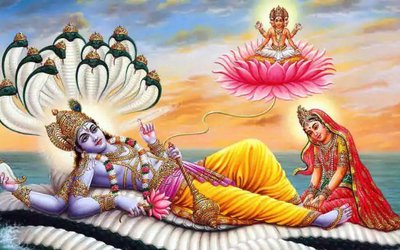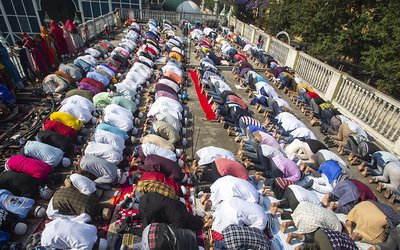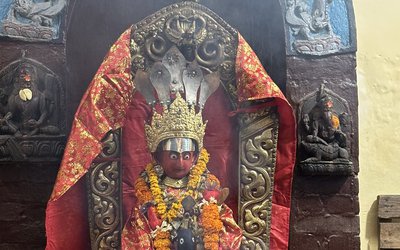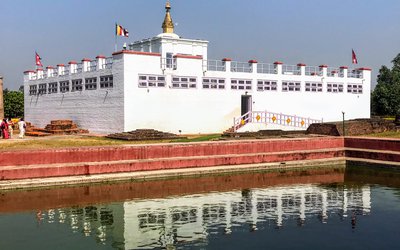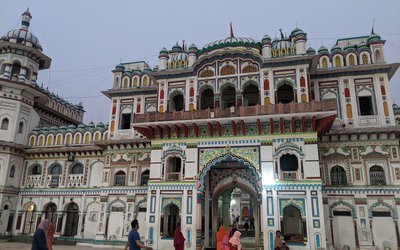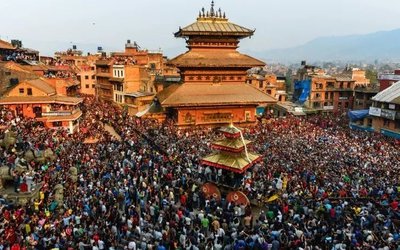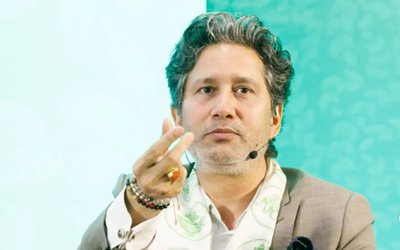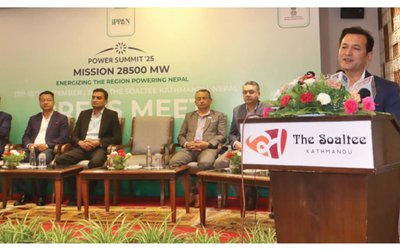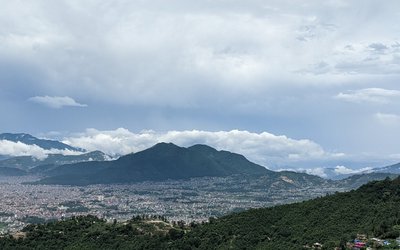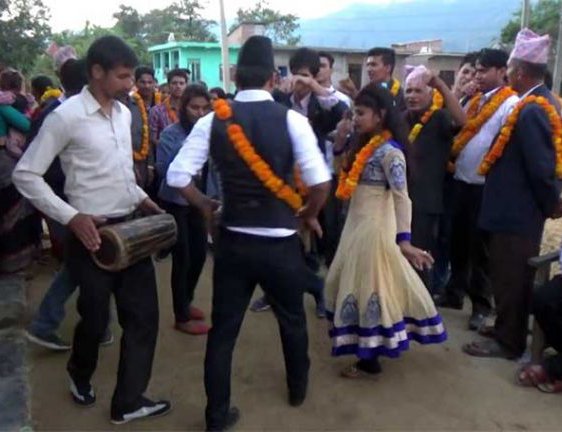
Introduction:
Nepal, a land of diverse cultures and vibrant traditions, celebrates a myriad of festivals throughout the year. Among these, Tihar, also known as Deepawali or Diwali, holds a special place in the hearts of Nepali people. It is a five-day festival that showcases the rich cultural heritage of Nepal, and one of its highlights is the traditional practice of Deusi Bhailo. In this article, we delve into the significance of Deusi-Bhailo and explore the festivities of Tihar. During Tihar, the Deusi-Bhailo is extensively observed by the Nepali language speaking Gorkha Mahajati of India,
Originality of Deusi-Bhailo:
The tradition of Deusi-Bhailo is deeply rooted in the culture and heritage of Nepal and is an authentic expression of the country's festive celebrations. It holds significant originality and uniqueness, making it an integral part of Nepali festivals, especially during Tihar.
The originality of Deusi-Bhailo lies in its cultural and social significance:
Ancient Roots: Deusi-Bhailo is believed to have originated centuries ago, with its roots traced back to ancient hill traditions of Nepal. The practice of singing and dancing to celebrate festivals like Tihar has been passed down through generations, making it a cherished custom that showcases the continuity of Nepali culture.
Region-Specific Variations: While Deusi-Bhailo is celebrated across Nepal, the manner and style of its observance can vary from region to region. Different communities and ethnic groups bring their unique touch to the songs, dances, and musical instruments used during the festivities, contributing to their originality and diversity.
Communal Spirit: The essence of Deusi-Bhailo lies in its community-centric nature. People come together to form groups, travel from house to house, and share the joy of the festival. This communal spirit fosters unity and strengthens social bonds, creating a unique experience that connects people across generations.
Expressing Gratitude: During Deusi-Bhailo, young performers offer their talents to entertain households while delivering blessings and well wishes. In return, they receive rewards in the form of money or treats. This tradition of expressing gratitude and receiving blessings is an original feature of the practice, reflecting the values of respect and appreciation.
Musical Heritage: The musical aspect of Deusi-Bhailo is an essential element that makes it authentic and original. Traditional musical instruments like Madal and Flute are played, and the songs carry local flavors and themes, showcasing the rich musical heritage of Nepal.
Preservation of Folklore: Deusi-Bhailo songs often include folklore, mythological tales, and moral messages that have been passed down through generations. The oral transmission of stories and cultural narratives keeps the country's folklore alive and vibrant.
King Bali and Deusi-Bhailo:
Baliraja, also known as Balihang, is a historical figure who ruled an important region of western Nepal in the 14th century. He is regarded as a legendary and revered king in Nepal's history. According to historical accounts and folklore, Baliraja was known for his courage, wisdom, and righteous reign. He founded a kingdom that included parts of what is now western Nepal, including areas such as Palpa, Gurumi, Arga, and Pyutan. Baliraja's reign is often associated with stories of his military prowess and efforts to protect his people and kingdom from outside threats. He is said to have protected the kingdom from invasion and ensured peace and prosperity in the region. Baliraja's legacy continues to be celebrated and revered in western Nepal. It is considered a symbol of courage, leadership, and good governance. Various cultural and historical references to Bali Raja can be found in the local traditions, folklore, and festivals of the region. Historical information about Baliraja and his reign in the 14th century may vary according to accounts and sources.
Buldenggadhi refers to a historical site located in Palpa, a district in the Lumbini Province of Nepal, which is believed to be the capital of Baliraj, which is also referred to as Balihang. Palpa is known for its rich history, culture, and architectural heritage. Buldenggadhi is a fort or fortress situated on top of a hill in the Tansen municipality of Palpa. It holds historical significance and is considered a symbol of the bravery and valor of the people of Palpa.
Baliraja and Vamana Avatar:
It's also important to note that the specifics and interpretations of the Baliraja and Vamana Avatar story may vary within different Hindu traditions and regions, but the core elements of the narrative remain consistent across different versions. It doesn't appear to be a direct connection between Baliraja and the tradition of Deusi. Baliraja is a figure from Hindu mythology associated with the story of Vamana Avatar. The Hindus of India do not celebrate the Deusi-Bhailo.
In conclusion, Deusi-Bhailo holds a profound originality that reflects the core values, cultural heritage, and traditions of Nepal. Its deep-rooted history, regional variations, communal spirit, musical significance, and folklore preservation make it an authentic expression of the country's festive celebrations. This cherished tradition serves as a testament to Nepal's cultural richness and continues to play a vital role in strengthening social bonds and fostering a sense of belonging among the Nepali people.
The author is a communication expert

